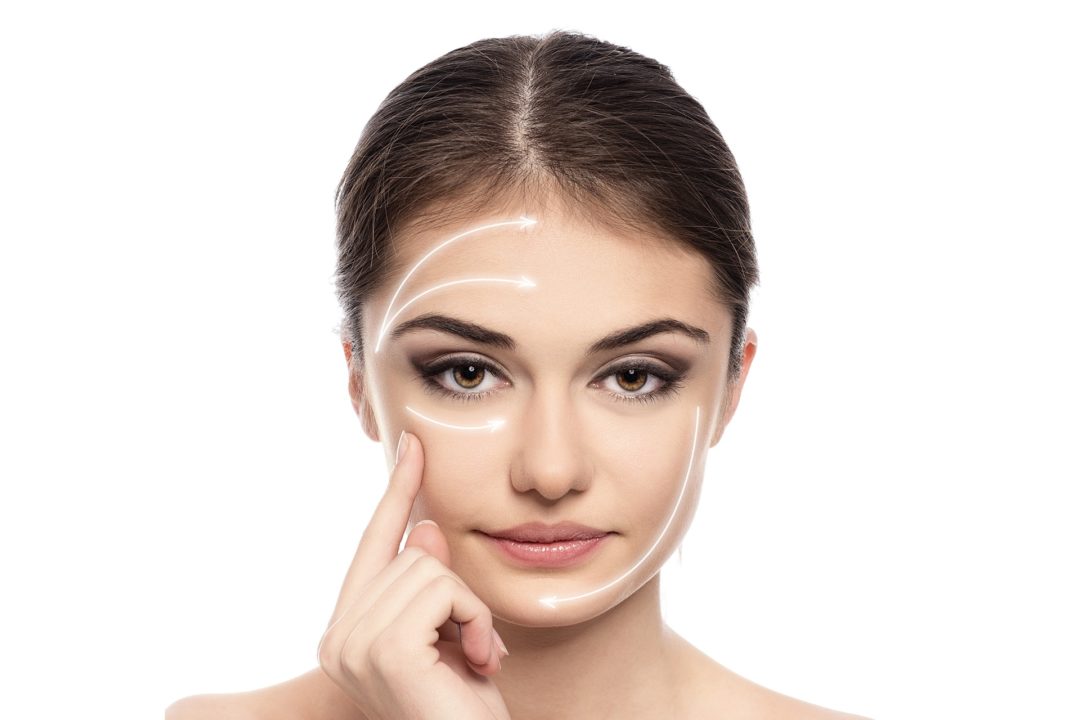Collagen supplements have been a trend in the natural products world for bone and joint health categories as well as nutraceutical skincare applications. In a study, it was found that oral supplementation of collagen peptides had beneficial effects like improvement of elasticity and firmness of skin (3). High-quality protein powders are becoming increasingly popular, says Dr. Jonny Bowden (4). Powders offer a greater dose of collagen peptides and also serve as a high-quality protein source.
Another trend that has emerged is combining collagen powder in with foods and drinks. Through a simple search online, many recipes and ideas can be found on how to include collagen powder in diets. What’s the benefit of this method? It’s one less pill to have to take every day, all while getting the same benefits.
Chewable multi-vitamins are becoming increasingly popular among adults. Similarly, as chewable products are becoming more popular, manufacturers of collagen supplements are meeting this demand with collagen chews, seeing the potential of offering tasty flavors that make taking collagen easy and attractive.
TypesThere are many different types of collagen, but those most commonly found in the body are types I, II and III. What are the differences between them?
Type I is found throughout the body in skin, tendon, bone, ligaments, teeth and interstitial tissues (5). It is also synthesized in response to injury, and represents over 90% of collagen found in the body (6). Type I is quite unique in its strength — in terms of tensile strength — with the ability to stretch without breaking; it’s stronger than steel (5). Type II is a main component of cartilage and the vitreous humor, a substance and tissue in the eyeball. Type III is found in artery walls and other hollow organs as well as skin, muscles and blood vessels (6).
Collagen LossCollagen in the skin naturally decreases by 1% each year after the age of 20 (5). The body’s ability to produce collagen also decreases, and around the age of 30, levels can drop 2% each year. During this loss, healthy collagen can also be damaged (1). Over the years this can build up and take a toll on skin, causing wrinkles, thinning and sagging. Brittle nails, hair and poor skin conditions can be a sign of joint issues, which are also caused by loss of collagen production. A third of Americans over the age of 60 suffer from joint health problems (1).
Along with powders and supplements, lifestyle and diet can play a role in maintaining healthy collagen levels. According to Medical News Today, the following nutrients support collagen production in the body: • Proline: In egg whites, meat, cheese, soy and cabbage. • Anthocyanidins: In blackberries, blueberries, cherries and raspberries. • Vitamin C: In oranges, strawberries, peppers and broccoli. • Copper: In shellfish, nuts, red meat, and some drinking water. • Vitamin A: Occurring in animal-derived foods and in plant foods as beta-carotene.
BenefitsOne unexpected effect of collagen depletion is leaky gut syndrome. The lining of the gut can weaken and allow food toxins to seep into the bloodstream which can lead to a number of conditions such as chronic inflammation, food intolerance, skin rashes and autoimmune issues (7). Collagen supplements improve the condition of the stomach by tightening and firming the digestive tract.
Calcium and phosphorus supplements are commonly looked to as a solution to address bone health. However, collagen accounts for 35% of bone mass, making it a prime ingredient for bone health. Bone health also deteriorates with age, and typically calcium supplements are used to remedy this, but recently, high dietary calcium has been a concern, so collagen supplementation is a good alternative to consuming more calcium (1).
Collagen peptides have also been shown to support healthy weight loss and weight management. A study by the British Journal of Nutrition found that collagen supported post-exercise muscle protein anabolism. Researchers theorized that collagen supported joint comfort allowing participants to get the most of their workout. Also amino acid delivery improved, or the collagen supported creatine synthesis in the body (8).
Although some collagen products are derived from animal sources, there are plant-based options available for consumers looking to use vegan or vegetarian products.
Why Supplement?Culturally our diets are shifting and containing less collagen-rich foods. Steaks often are trimmed losing the collagen in connective tissue, fish are skinned and deboned and chicken is served skinless and boneless (1). Collagen supplementation is becoming more important than ever—not only for cosmetic reasons, but for maintaining internal health as well. WF
References
- Alan Rillorta, “Collagen: The Key to Healthy Aging?,” https://wholefoodsmagazine.com/supplements/news-supplements/collagen-key-the-to-healthy-aging/, accessed August 17, 2017.
- James McIntosh, “Collagen: What is it and what are its uses?” http://www.medicalnewstoday.com/articles/262881.php, accessed August 18, 2017.
- E. Proksch, D. Segger, J. Degwert, M. Schunck, V. Zague, S. Oesser, “Oral supplementation of specific collagen peptides has beneficial effects on human skin physiology: a double-blind, placebo-controlled study,” https://www.ncbi.nlm.nih.gov/pmc/articles/pmid/23949208/citedby/?tool=pubmed, accessed August 24, 2017.
- Jonny Bowden, Ph.D, “The Healthiest Foods in the World (Part Two),” https://wholefoodsmagazine.com/columns/nutrition-mythbuster/healthiest-foods-world-part-two/, accessed August 21, 2017.
- WholeFoods Magazine, “Collagen: Supplementing Skin Health from the Inside,” https://wholefoodsmagazine.com/columns/consumer-bulletin/collagen-supplementing-skin-health-inside/, accessed August 17, 2017.
- Ananya Mandal, MD, “Collagen Types and Linked Disorders,” https://www.news-medical.net/health/Collagen-Types-and-Linked-Disorders.aspx, accessed August 24, 2017.
- Bello AEOesser S., “Collagen hydrolysate for the treatment of osteoarthritis and other joint disorders: a review of the literature,” https://www.ncbi.nlm.nih.gov/pubmed/17076983, accessed August 18, 2017.
- WholeFoods Magazine, “Collagen Peptides Support Healthy Weight Management,” https://wholefoodsmagazine.com/suppliers/news-suppliers/collagen-peptides-support-healthy-weight-management/, accessed August 17, 2017.









